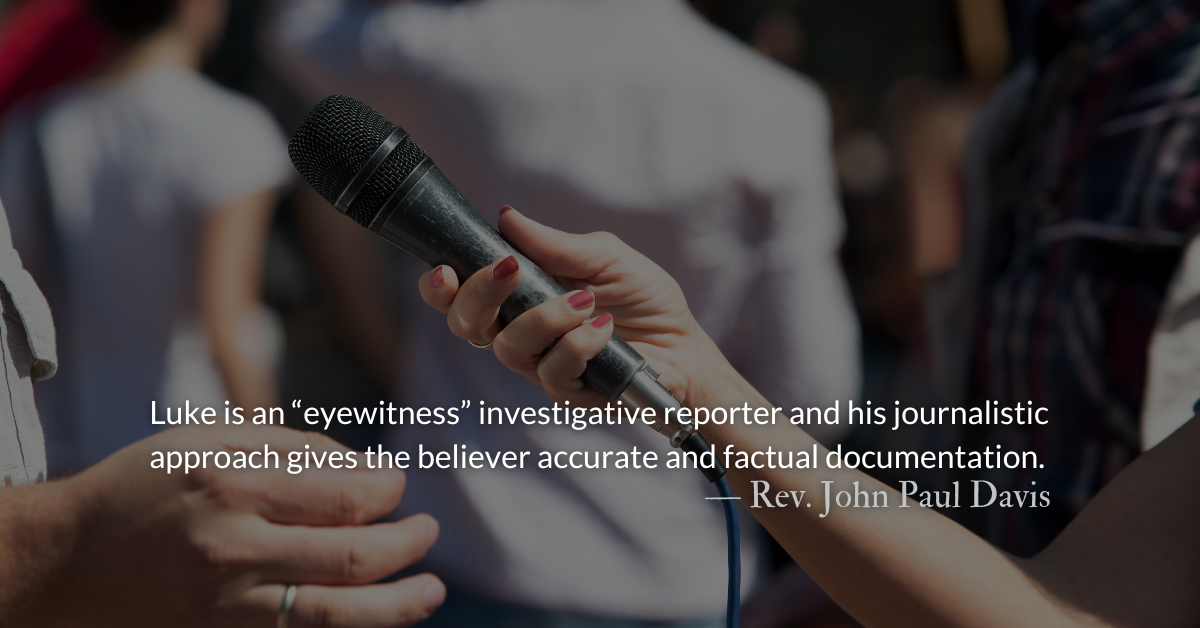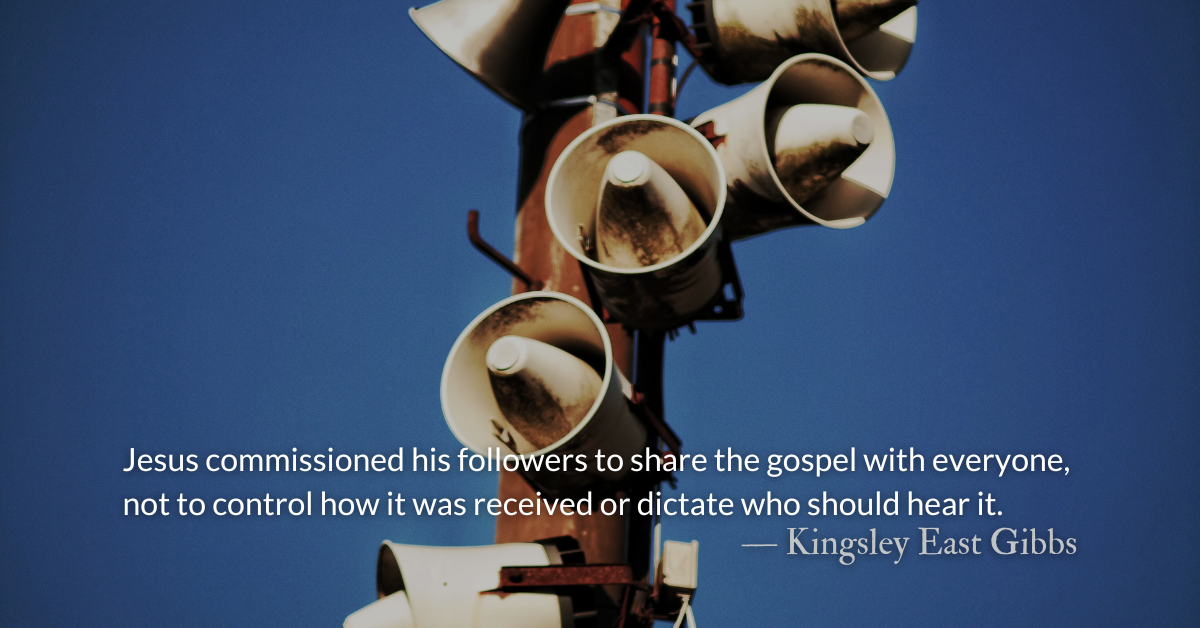Scripture Focus: Acts 14.7
…where they continued to preach the gospel.
Reflection: True Power
By L.E. Mulford
Today’s reading begins with Paul and Barnabas fleeing to surrounding cities after hearing of a plot to stone them. BUT they continued to preach the gospel!
The first sign of trouble was when some Jews refused to believe. Not only did they simply not believe, we read that they refused to believe. These Jews didn’t stop there; they poisoned the minds of the believers. They were so desperate to overpower the message of the gospel that they coordinated with Gentiles to do so. For a Jew to cooperate with a non-Jew was something of a miracle itself. In their minds, the ends justified the means. They linked themselves with impure people to attack and kill Jesus’ followers. But even under threats of death, Paul and Barnabas continued to preach the gospel.
And the crowds were still confused even after God allowed signs and miracles. It’s similar to Elijah in 1 Kings 18.16-45. The Jews were wavering between two opinions. Just as God demonstrated his power then, he demonstrated his power here. But where Elijah left in fear, Paul and Barnabas left in power and continued to preach the gospel.
That’s the real power and the purpose of the Holy Spirit in one’s life. Not the signs and wonders but rather bearing witness. You can know God. You can have a relationship with Him. You can have the right lineage. But without the Holy Spirit you won’t have the power that Jesus mentioned in Acts 1.8. This is that power! That power to continue even when your life’s on the line and everything seems bleak. Even when they felt they could do no more at Iconium, they left and were still empowered by the Holy Spirit and continued to preach the gospel.
This power didn’t come from themselves. It came from a reliance on the Spirit. How are you relying on the Spirit? How are you relying on yourself? Sometimes we don’t realize we are relying on ourselves. Some outward signs look good, but can mask inward selfishness and self-reliance. These might be believing the right doctrine, attending the right church, or having the right friends. But God wants more for us! He wants us to receive power when the Holy Spirit comes on us so we can be his witness and, no matter what, continue to preach the gospel.
Divine Hours Prayer: A Reading
When Jesus spoke to the people again, he said: “I am the light of the world; anyone who follows me will not be walking in the dark; but will have the light of life.” — John 8.12
Today’s Readings
Isaiah 56 (Listen – 2:11)
Acts 14 (Listen – 3:54)
Read more about Breath, Reconsidered
Breath sustains symphonies
Breath extinguishes candles
Breath ignites embers
Breath powers prophets











